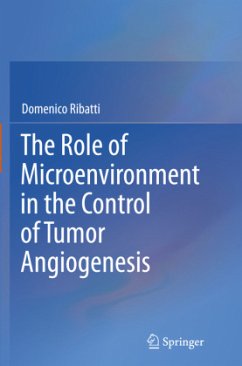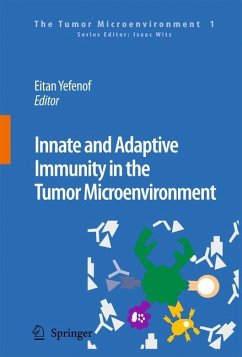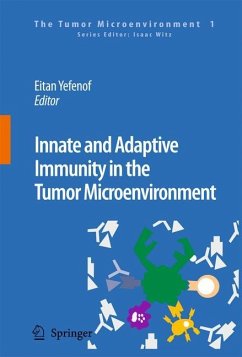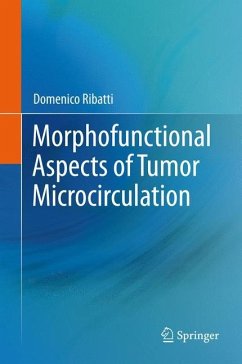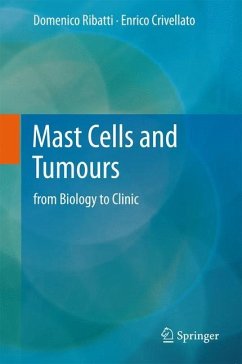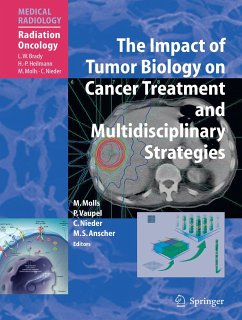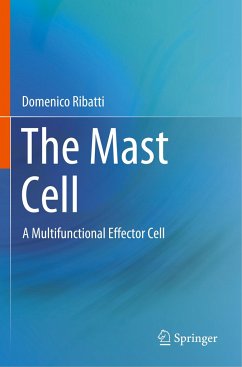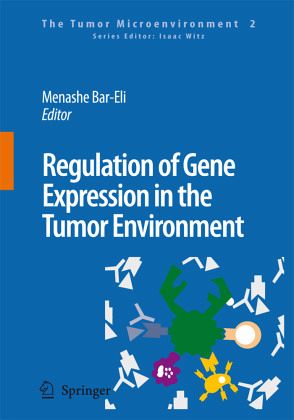
Regulation of Gene Expression in the Tumor Environment
Regulation of melanoma progression by the microenvironment: the roles of PAR-1 and PAFR
Herausgegeben: Bar-Eli, Menashe

PAYBACK Punkte
58 °P sammeln!
It is now becoming very clear that the development and progression of tumor towards the malignant (metastatic) phenotype depends tightly on the interaction between the tumor cells and the tumor microenvironment. Tumor cells respond to stimuli generated within the tumor microenvironment for their growth advantage while the tumor cell themselves reshape and remodel the architecture and function of their extracellular matrices. The term tumor microenvironment is a wide umbrella consisting of stromal cells such as fibroblasts and endothelial cells and infiltration immune cells including T and B ce...
It is now becoming very clear that the development and progression of tumor towards the malignant (metastatic) phenotype depends tightly on the interaction between the tumor cells and the tumor microenvironment. Tumor cells respond to stimuli generated within the tumor microenvironment for their growth advantage while the tumor cell themselves reshape and remodel the architecture and function of their extracellular matrices. The term tumor microenvironment is a wide umbrella consisting of stromal cells such as fibroblasts and endothelial cells and infiltration immune cells including T and B cells, macrophages, and other inflammatory cells (PMNs). These different components of the tumor microenvironment could have stimulatory and inhibitory effects on tumor progression by regulating the gene expression repertoire within the tumor cells on one hand and the stroma cells on the other. In this volume we have seven contributors who will discuss several different aspects on the cross talk within the tumor microenvironment components leading to the acquisition of the metastatic phenotype. It is our hope that these state-of-the-art studies will shed further light on our understanding of these complicated processes.





